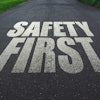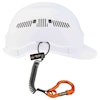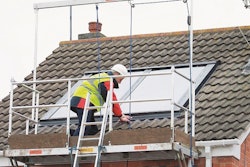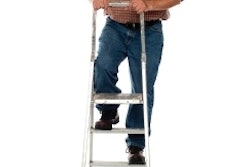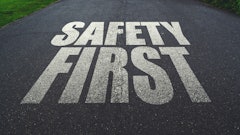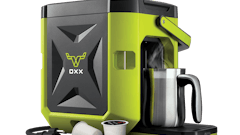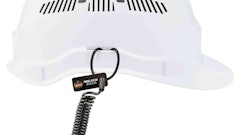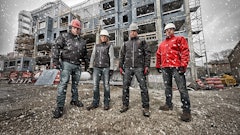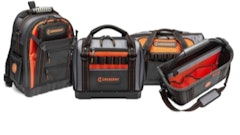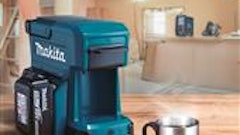More than half of motor carriers comparing the performance of 2010 diesel engines with selective catalytic reduction (SCR) emissions technology to 2007 engines have seen fuel economy improve (nearly 40 percent reported no change), and 53 percent of carriers said there has been no change in engine-related maintenance costs. Forty percent of carriers indicated that costs have increased, according to Transport Capital Partners’ (TCP) First Quarter 2013 Business Expectations Survey.
FleetOwner.com's coverage of the TCP study makes a few important points about how to interpret the results.
Truckers' experience with the diesel-emissions-control technology that has been coming to most off-road equipment for about a year doesn't transfer perfectly to construction equipment applications, but if anybody has real-world experience with SCR, it would be them.
FleetOwner's Executive Editor David Cullen wisely adds perspective on trucker experience with diesel emissions technology from J.D. Power and Associates' 2012 U.S. Heavy-Duty Truck Customer Satisfaction Study.
J.D. Power measured a 14-point decline in heavy-duty customer satisfaction to 737 (on a 1,000-point scale) in 2012, largely attributed to a higher rate of engine- and fuel-related problems.
This does not mean you can expect the same thing from Tier 4 Interim and Tier 4 diesels.
- Construction-equipment diesels' applications are dramatically different from that of trucks
- Engine manufacturers are increasingly segregated, with some makers building diesels for off-road equipment and other companies supplying truck power
- And the technologies aren't exactly the same, as some off-road diesels satisfy Tier 4 requirements without SCR
(more on trucker's experience with diesel emissions technology . . . )

